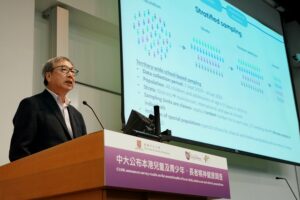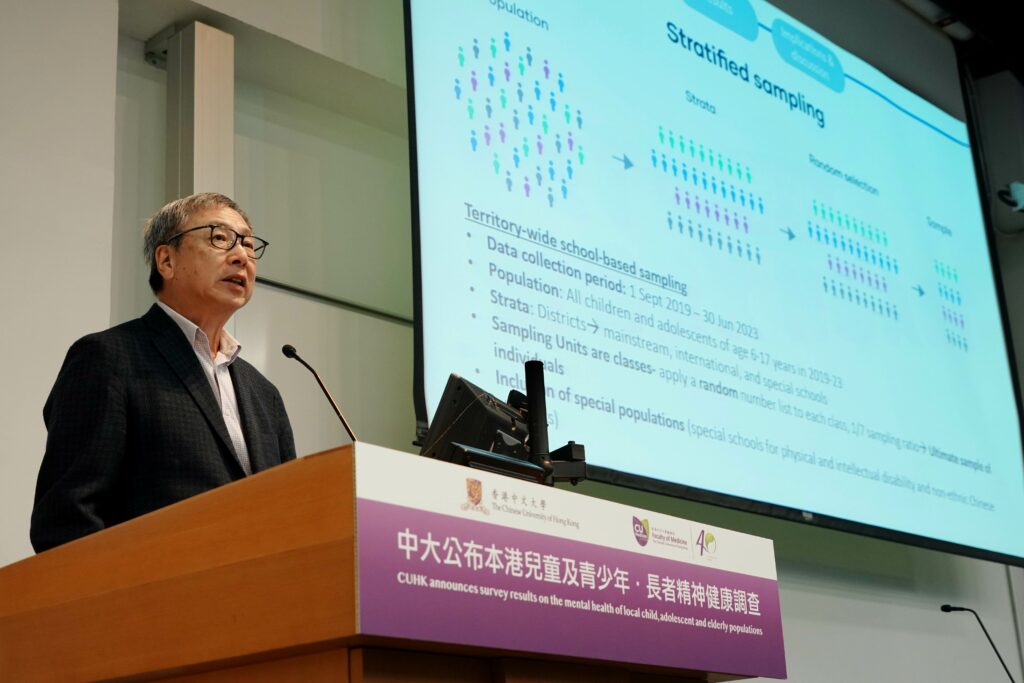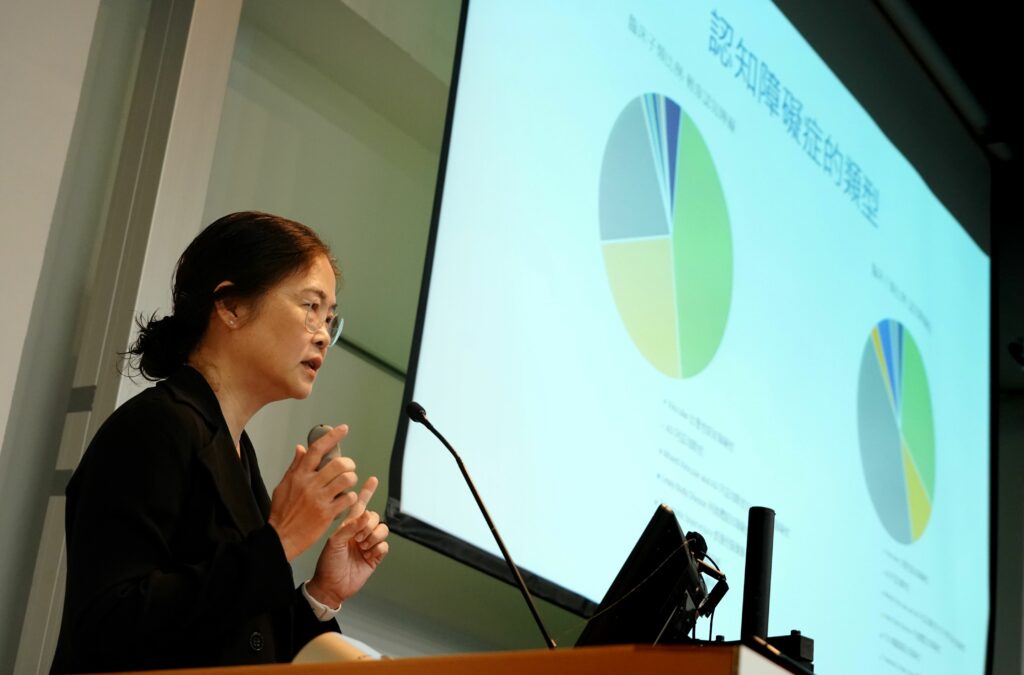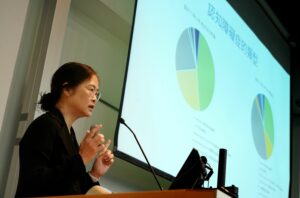CUHK
News Centre
CUHK announces survey results on the mental health of local child, adolescent and elderly populations
The Chinese University of Hong Kong (CUHK)’s Faculty of Medicine (CU Medicine) today announced two surveys commissioned by the former Food and Health Bureau of the Hong Kong government. They aim to understand the mental health conditions of children and adolescents aged 6 to 17 who are currently attending school, and of elderly individuals aged 60 or above. One of the surveys revealed that 24.4% of children and adolescents experienced at least one mental health issue in the past year, yet nearly half of the caregivers were unwilling to seek professional assistance. The other survey found that one-fifth of the elderly population had mild neurocognitive impairment, while 70% of elderly individuals in residential care homes suffered from dementia. Some caregivers of elderly people with cognitive impairments had mental health issues such as anxiety and depression, which have not been adequately addressed.
The research teams suggested that comprehensive mental health policies for children and adolescents should involve the participation of families and schools; and that it is also necessary to address cultural differences and the lack of awareness regarding sleep health. Additionally, they recommended strengthening chronic disease management for elderly people in primary care settings, encouraging them to participate in cognitive and social activities, and providing enhanced support for carers.
The survey on children and adolescent
The survey on children and adolescents is a snapshot through a representative, inclusive, random sample recruited with a stringent epidemiologic approach. It shows the scope and burden of common mental problems in Hong Kong for the first time, ranging from neurodevelopmental to emotional and behavioural disorders. The survey was conducted between 2019 and 2023, with a total of 6,082 participants, including children and adolescents aged 6 to 17 who attend school, some of them members of non-ethnic Chinese groups. Please see the appendix for the key findings.
Close to 50% of caregivers were unwilling to seek professional support despite the presence of clinical problems. The reasons cited include perceiving the problems as not severe, fear of stigma or being unaware of the access to professional support.
Dr Hung Se-fong, member of the Advisory Committee on Mental Health and Clinical Professor (honorary) of CU Medicine’s Department of Psychiatry, stated, “When formulating child and adolescent mental health policies, it is crucial to involve families and schools. We also need to pay more attention to the impact of parental mental health on children and adolescents, as well as to identify early warning signs such as sleep disorders, academic decline, or frequent school absences. These are early indicators of mental health difficulties and should be addressed promptly. Schools should prioritise the psychological well-being of students and building their resilience.”
The survey on elderly individuals
The Hong Kong mental morbidity survey for older people aimed to explore the cognitive and mental health care needs of elderly people. It was conducted from 2019 to 2023 and involved a total of 4,368 adults aged 60 or above living at home, as well as 503 residents of residential care homes (RCHEs). Please see the appendix for the key findings.
Professor Linda Lam Chiu-wa, member of the Advisory Committee on Mental Health and Professor in the Department of Psychiatry at CU Medicine, commented, “Our survey found that older adults who have better physical function or are willing to engage in active leisure activities tend to have better cognitive and mental health. It is important to start from primary care level to foster chronic disease management. Encouraging a broad range of active lifestyle activities is helpful in optimising cognitive function in the older community. Society should pay attention to the mental health of carers and address their hidden health issues. Supporting carers is crucial to ensure the well-being of both the family members they care for, while not ignoring their own psychological needs.”
The surveys are supported by the Health and Medical Research Fund, the Health Bureau, The Government of the Hong Kong Special Administrative Region.

CU Medicine today announced two surveys which aim to understand the mental health conditions of children and adolescents aged 6 to 17 who are currently attending school, and of elderly individuals aged 60 or above. One of the surveys revealed that 24.4% of children and adolescents experienced at least one mental health issue in the past year, yet nearly half of the caregivers were unwilling to seek professional assistance. The other survey found that one-fifth of the elderly population had mild neurocognitive impairment, while 70% of elderly individuals in residential care homes suffered from dementia.
(From left) Professor Benjamin Yip, Associate Professor, The Jockey Club School of Public Health and Primary Care; Dr Allen Lee, Associate Professor, Department of Psychiatry; Professor Wing Yun-kwok and Professor Linda Lam, from the Department of Psychiatry; Mr Wong Yan-lung, Chairman of the Advisory Committee on Mental Health; Professor Patrick Leung, Department of Psychology, CUHK; Professor Sandra Chan, Department of Psychiatry; Professor Samuel Wong, Director, The Jockey Club School of Public Health and Primary Care; and Dr Bob Huo, Research Assistant Professor, Department of Psychiatry; at CU Medicine.

Dr Hung Se-fong reminds the parents and schools to identify early warning signs such as sleep disorders, academic decline, or frequent school absences. These are early indicators of mental health difficulties and should be addressed promptly.









